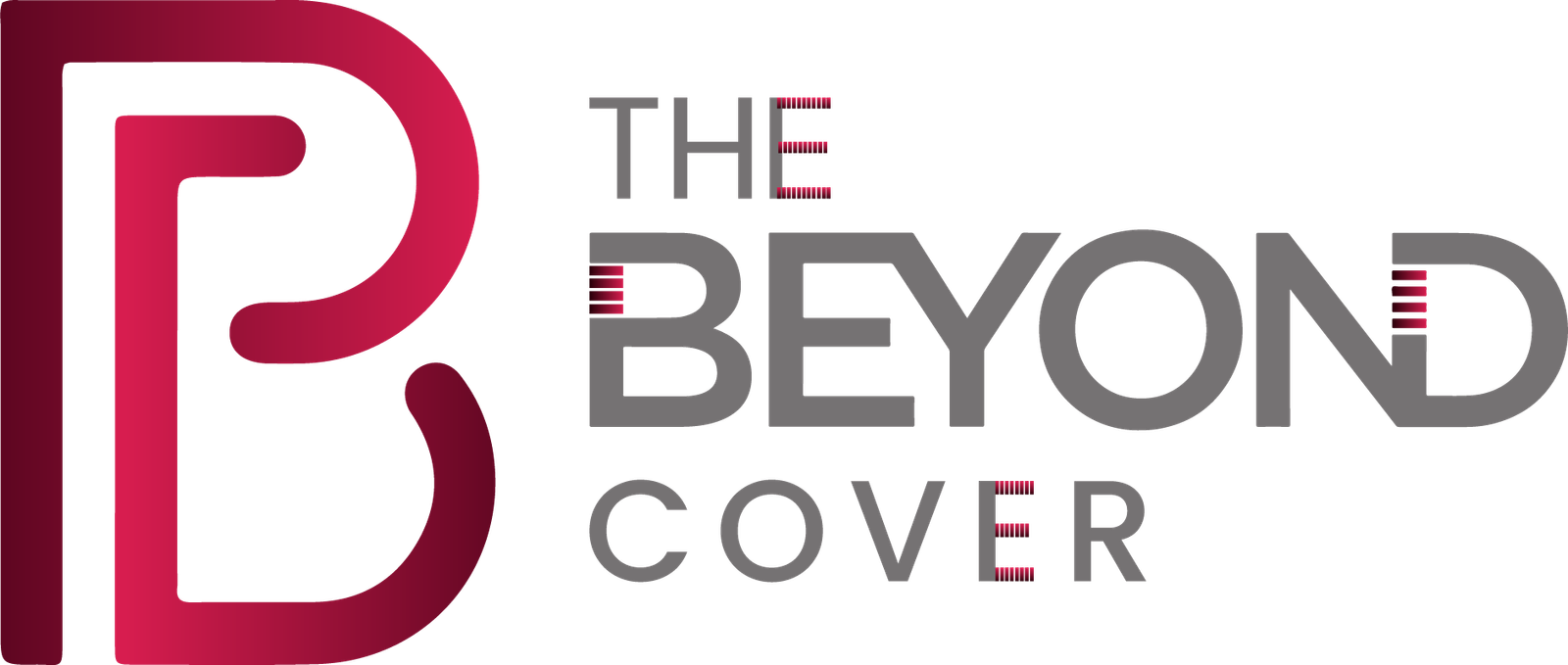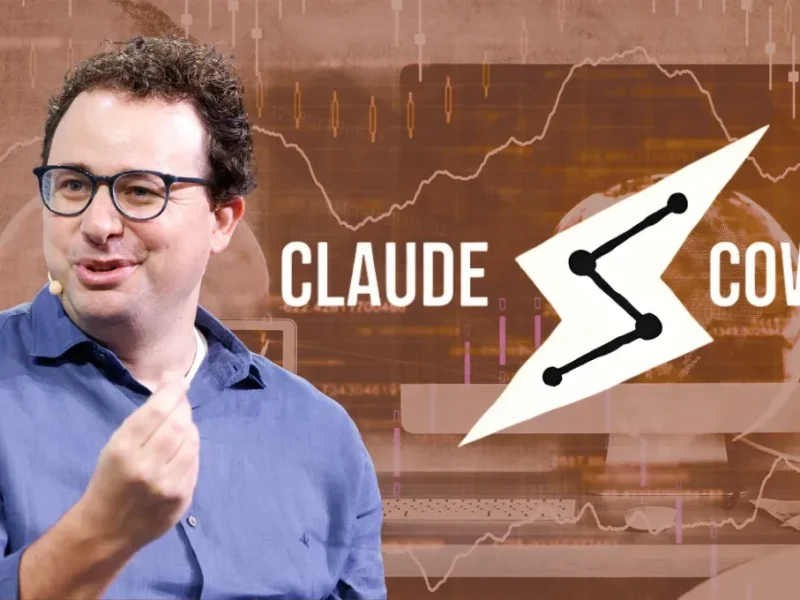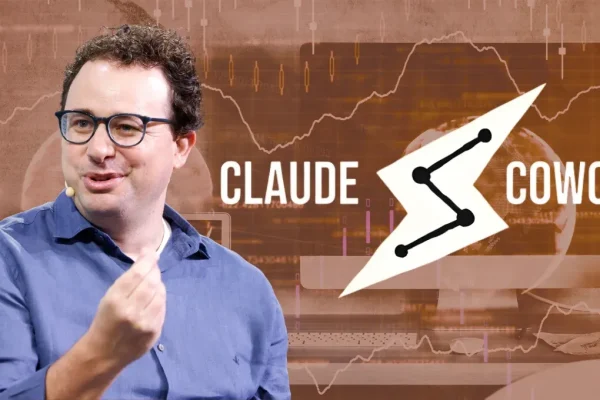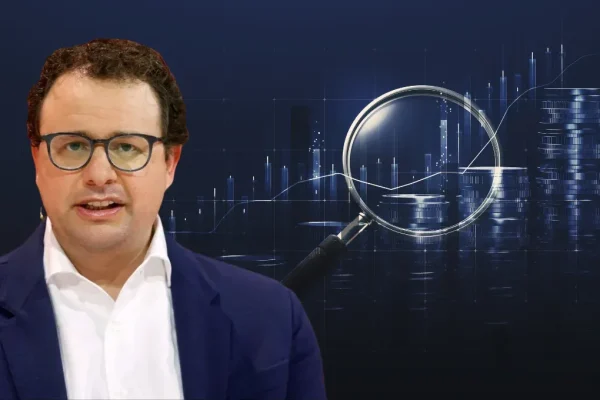At this year’s Hill and Valley Forum in Washington, D.C., the message from Silicon Valley was clear: the global AI race is not just about innovation—it’s a battle for the future of democracy. Tech leaders and lawmakers gathered at the Capitol Visitor Center, projecting a united front that framed AI development as a modern civilizational showdown between the United States and China.
Palantir CEO Alex Karp took center stage, brushing off a protestor’s Gaza-related disruption with a joke, reflecting the confident, even defiant tone of the day. Known for building AI-powered data tools for defense and immigration agencies, Palantir was a star participant at the event, which emphasized deepening ties between tech companies and the U.S. government.
Karp’s conversation with Jacob Helberg—a Hill and Valley co-founder and Trump cabinet nominee—underscored a key theme: AI is the next strategic battleground, and America must lead to preserve “Western values.” The crowd, which packed the room wall-to-wall, responded to rhetoric that elevated AI competition with China to the level of existential urgency.
Throughout the 16-panel event, the prevailing narrative painted venture capitalists as modern patriots and startups as instruments of national defense. Tech leaders argued that American AI must outpace China’s, not just in development but in deployment—warning that failure could tip global power toward authoritarianism.
Helberg, along with fellow co-founders Delian Asparouhov (Founders Fund) and Christian Garrett (137 Ventures), envisioned the Forum as a platform for “Team America” entrepreneurs to align with government strategy. Attendees included prominent tech executives like Nvidia’s Jensen Huang, Amazon’s Jeff Bezos, Meta’s Mark Zuckerberg, and Google CEO Sundar Pichai—all signaling growing tech alignment with a potential second Trump administration.
Speakers frequently echoed Cold War-era rhetoric, casting AI and military tech as tools to safeguard democracy against Chinese expansion. Huang called the AI revolution the “new Industrial Revolution,” emphasizing the need for the U.S. to not just invent AI but use it more effectively than geopolitical rivals.
Other sessions took aim at domestic policy. DOGE—the Department of Government Efficiency, a tech-led initiative credited to Elon Musk—drew praise for replacing federal workers with young AI-literate technocrats. In one panel, fintech CEO Eric Glyman claimed AI-driven tax audits could reduce burdens on American families, aligning with Senator Joni Ernst’s push for leaner government operations.
Rabois, a key venture capitalist, claimed downsizing the federal government using tech could directly lower interest rates—an assertion unsupported by the Federal Reserve but well received by the crowd. Huang, meanwhile, asserted that AI had revitalized San Francisco and could do the same for the rest of the U.S.
The forum’s tone was both futuristic and nostalgic—a call to restore American dominance through technology. Helberg’s vision of a proudly nationalistic tech ecosystem resonated throughout the halls, from coffee-side conversations to high-stakes panels.
As tensions with China grow, tech leaders are doubling down on their belief that AI isn’t just a business opportunity—it’s the foundation of America’s next geopolitical chapter. And in their view, Silicon Valley isn’t just part of the solution. It is the solution.




















